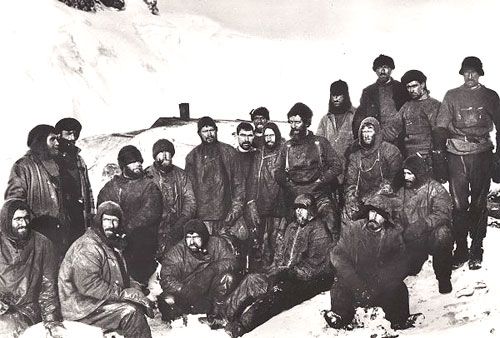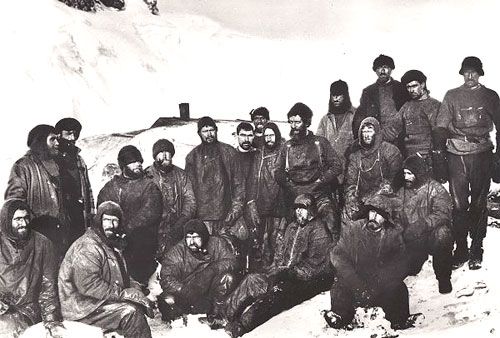This piece was originally published in 2015. It has been updated with new data and advice for 2023.
Here’s how the story usually goes. Sometime in the early 20th century, British explorer Ernest Shackleton needed to hire a crew for an upcoming expedition to the South Pole. So he placed a newspaper ad:
“Men wanted for hazardous journey. Low wages, bitter cold, long hours of complete darkness. Safe return doubtful. Honor and recognition in event of success.”
The copywriting — and its strong, direct language — has been printed, reprinted, and talked about for decades. It’s beautiful. Possibly the world’s greatest job ad.
Though his accomplishments went largely uncelebrated in the years after his death, Shackleton, in recent years, has become a revered leadership figure thanks to new literature on his life and career.
The Shackleton ad copy has taken on a life of its own, with hiring managers and entrepreneurs pointing to it as an example of how to lure exceptional people to your organization.
But there are two problems here. For one, the ad probably never existed. Even if it did, many people — it seems — are missing the point.











